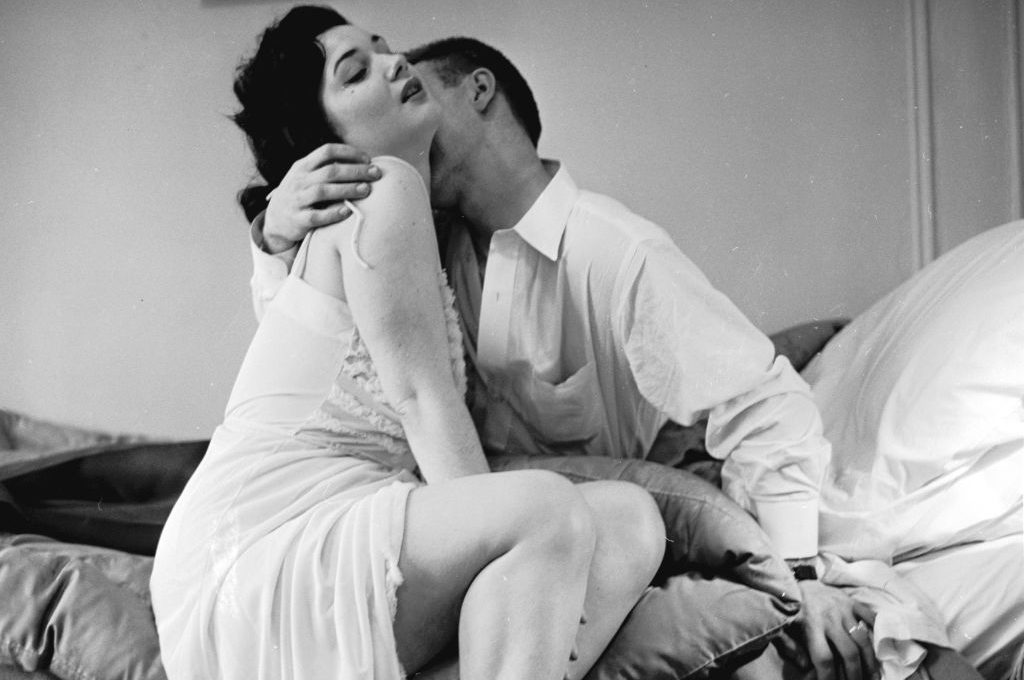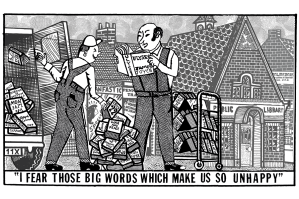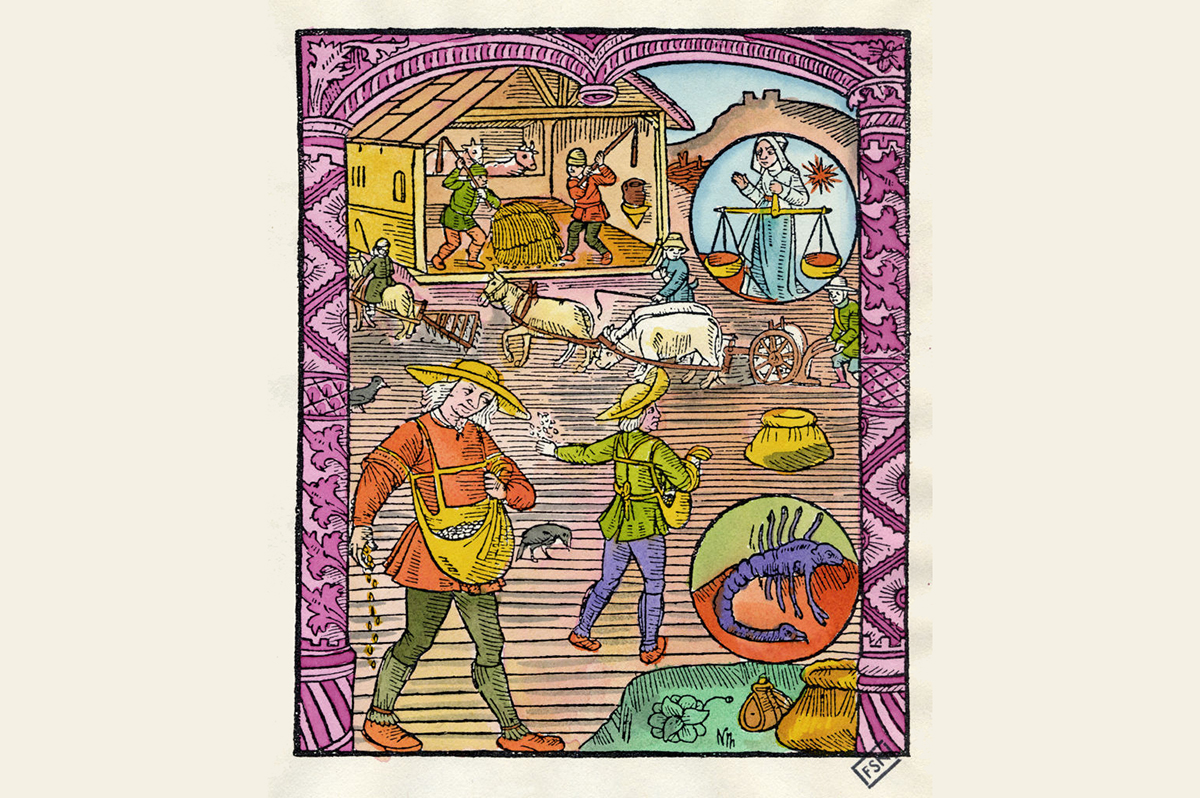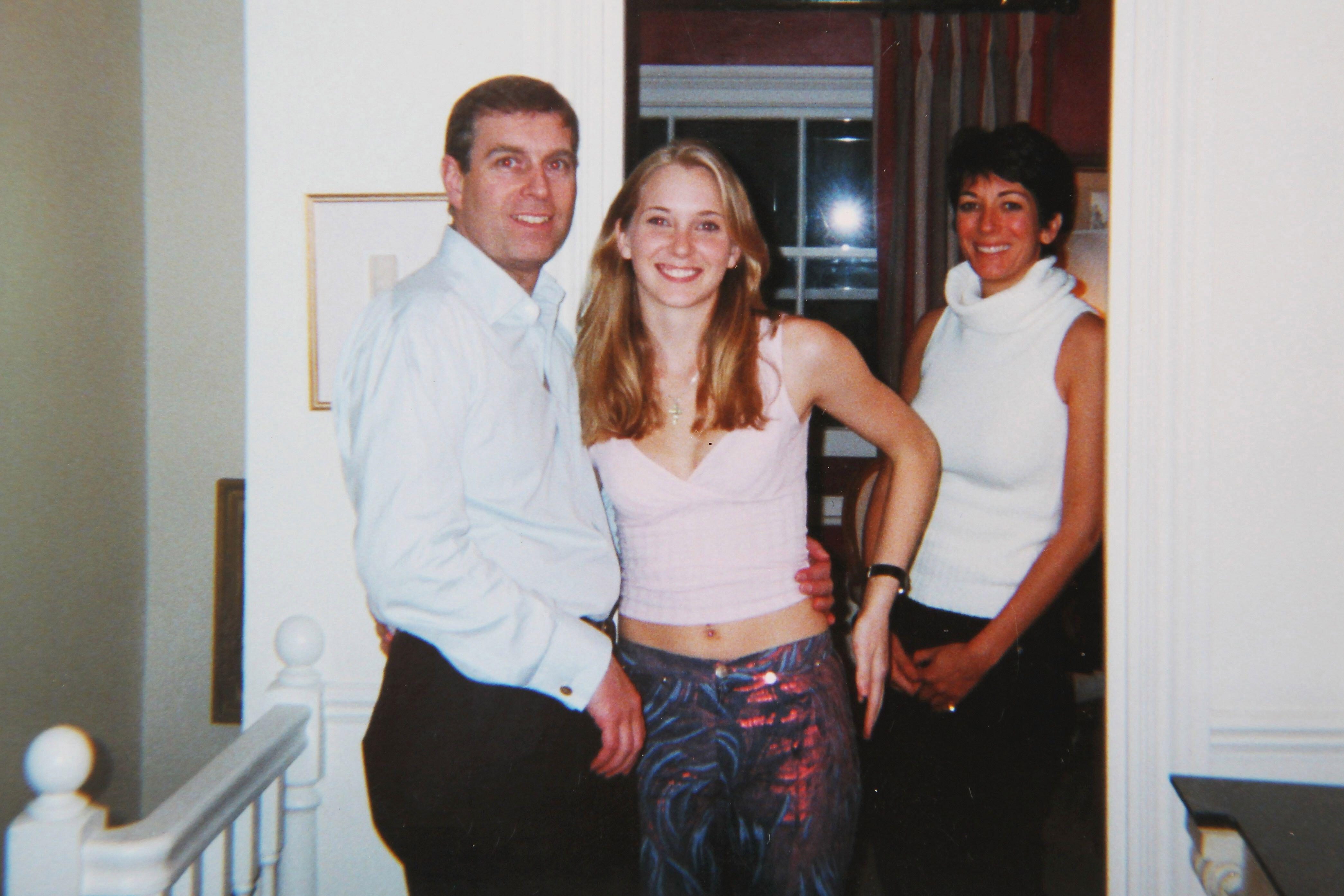Not long ago, early in the morning in Washington DC, I walked past a construction site and a man in a yellow vest whistled at me. I laughed but what really struck me was how rare catcalling has become. Even construction workers, the cliché of crude male attention, have fallen silent as have, it turns out, moans of passion in bedrooms across America. According to new research, Americans have lost their libido – and not by a little.
Only 37 percent of American adults reported having sex once a week or more, down from 55 percent in 1990. Across generations the pattern holds the same. Even within marriage, sex is increasingly confined to holidays. Weekly sex rates for married couples have fallen from 59 percent in the 1990s to below 49 percent today. Among young adults, the story is even grimmer: nearly a quarter of Americans aged 18 to 29 say they had no sex at all in the past year, double the rate of a decade ago.
Bourgeois boredom, once the great engine of romance, has been numbed by endless scrolling. In the 19th century, Anna Karenina and Emma Bovary blew up their lives for affairs and a century later, Catherine Deneuve’s in Belle De Jour fled her perfect marriage by slipping into a brothel. They fled ennui, turning sex into a rebellion against the social norms and institutions. Over the years, sex was normalized and even adultery no longer shocked the parish priest. Today, middle-class boredom in American cities produces nothing but clicks. Modern Anna does not take reputational, emotional, digital risks by going out and meeting someone, nor does she leap onto the tracks for a lost love, she streams Netflix and chills.
And can you blame her? Over the past decades, women’s emancipation went ahead, while men’s opportunities and success declined. The evidence is everywhere, starting with education, where boys’ academic performance has worsened at every level. Romantic relationships have always been asymmetric, typically a higher-status man with a lower-status woman. The reverse has never been the norm and exceptions only prove the rule. With emancipation, many women have climbed higher up the social ladder. Men, over the same period, have not only failed to keep pace but have slipped downward. The result is a dating market with too many successful women, too many failing men, and a crisis. If modern Anna’s options look like Tim from Tinder, why bother losing a night’s sleep?
The crisis isn’t only in the statistics. It’s visible in the disappearance of small, if imperfect, social rituals that once signaled desire in public space, such as buying someone a drink at a bar. The old moral codes are gone, but they are being replaced with new ones: the parish priest has given way to HR, sexual harassment trainings and viral tweets. Rules have multiplied around sex from verbal consent protocols to workplace regulations. The result is that people grow afraid of the consequences, and sex hardly feels casual, any longer.
The me-too movement that started with a noble aim to prevent sexual abuse, assault and discrimination against women, predictably overreached into structuring desire. The courts of public opinion declare people guilty and turn them into enemies of the society without giving them a fair trial. Some in America have forgotten that everyone is innocent until proven guilty. If in the Soviet Union it was your neighbor who brought up your careless word or unapproved behavior to the authorities, now it can be a girl you met at a party ten years ago posting on X.
Not only have politics around sex gone wrong but so have my friends. They’ve organized the search for partners instead of leaving it to chance. A few went full Fiddler on the Roof and hired matchmakers, spending enough to buy a village in a developing country. Another treats a first coffee date like a meeting with the Soviet Central Committee, laying out conditions like where to live, when to have children, what the five-year plan should be. I once saw a girl arrive at a Halloween party dressed as a mummy, wrapped in toilet paper, and joked that nobody would sleep with her because it would be too much paperwork. Same thought comes to mind about sex today, lots of red tape.
A romantic relationship needs ordinary interaction before it can grow into anything deeper. If you don’t know your neighbors, do not go to bars nor appear for benediction on the weekends and have few friends, you are far less likely to meet anyone. I feel exhausted coaxing friends out of their flats, the ones I’ve already half-lost to Netflix. I have been silently punishing them by going alone to the movies. Parties themselves have all but vanished. People used to throw them for no reason at all, now even that chance has disappeared.
But is the situation as bad as we make it out? One may argue there is nothing wrong with less sex. After all, fewer meaningless flings hardly rank as a national crisis. Except less sex is only a symptom of something larger: less life. Along with it comes what has been called an “epidemic of loneliness” and erosion of social life.
What made life tempting is slowly disappearing. A few too many drinks at a bar, a walk with a friend that turned into an unexpected introduction, or an evening that stretched just long enough for bad decisions to look like good ones. Now, instead of calling a girlfriend to wonder if a guy deserves a second date, you get lost in Tik-Tok videos diagnosing him as a walking red flag. Gone are serendipity and spontaneity along with sex.
The fewer casual encounters we have, the fewer chances there are not only for lasting intimacy but even for the brief, reckless kind that leaves you walking home in yesterday’s clothes. And that’s a shame.
The decline of sex and the alpha male
Americans are having less sex as women become more successful and technology takes over

(Getty)
Not long ago, early in the morning in Washington DC, I walked past a construction site and a man in a yellow vest whistled at me. I laughed but what really struck me was how rare catcalling has become. Even construction workers, the cliché of crude male attention, have fallen silent as have, it turns out, moans of passion in bedrooms across America. According to new research, Americans have lost their libido – and not by a little. Only 37 percent of American adults reported having sex once a week or more, down from 55…

























Leave a Reply